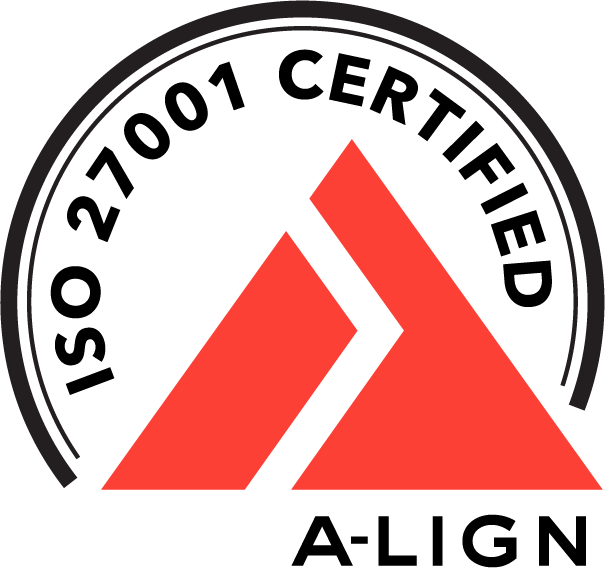Our client is a leading seller of virtual reality (VR) headsets. It also offers an ecosystem of Virtual Technology and VR applications available via its app store. For instance, its headset comes with a companion app compatible with android and iOS platforms. It allows users’ smartphones to communicate with the device, delivering a revolutionary user experience while hosting a management system with access to thousands of apps.
However, testing for such a new system is uncharted territory. Besides handling a new device with cutting-edge technologies, we also had to ensure that all the components within the ecosystem worked together seamlessly to deliver an outstanding user experience via multiple platforms to a tech-savvy target market.
This case study shows how our onsite and offsite teams worked together to help the client ensure a successful launch within a tight timeline.
Challenge
The client had never performed cross-compatibility testing of the native companion app. Moreover, it started with a web app solution without a UI/UX or mobile infrastructure to support payments and Bluetooth compatibility, features that are essential for meeting today’s consumer expectations.
The client wanted to develop a device that delivers functions beyond a web portal, so we had to ensure native API compatibility for iOS and Android. The company planned to launch the product within three months, and, as such, their team needed all the help they could get to meet the aggressive development and testing schedule.
Solution 
Q Analysts approached this project by combining our onsite and offsite testing services to ensure that we covered all the bases. Our onsite team of experts tested companion app interaction with VR devices, shared our knowledge with the client’s internal team, and designed an approach strategy for the mobile application solution.
Since the client already had mobile tools experiences in XCode and Android Studio, we worked closely with the engineering scrum teams to develop new features and build test plans to ensure seamless execution. We leveraged automation on emulators and real devices to quickly integrate daily automated tests into the Continuous Integration frameworks within the client’s workflows.
Meanwhile, the offsite team at the Q Test lab in Kirkland, WA, was ready to handle smartphone testing on Android and iOS platforms based on market-driven data. We performed daily companion app smoke tests, regression tests, functional tests, and performance tests to support our onsite experts.
Both the onsite and offsite teams from Q Analysts followed a system to cover active development and device compatibility and provide daily reports on defects and blocking issues. Additionally, our consultants delivered a substantial amount of documentation to the client so it can cross-train its internal team to cover all companion app compatibility testing requirements.
Results
Our testing process achieved a burndown chart of zero blockers when the product shipped to market. But the Q Analysts team didn’t stop there. We continued to work with the client on backward compatibility testing, support-related issues, and additional regression automation to streamline future development and QA processes.
Furthermore, our team worked with OEMs to develop beta testing programs. We also created internal beta and dogfooding programs where we deploy a product for internal use and testing before general release. The process provides the client with an effective and economical method for gathering real-time feedback at the early stages of the development process and analyzing the product’s potential for success.
Q Analysts is a world leader in developing functional and nonfunctional testing methods for business and consumer AR, VR, and MR products, services, and content. Learn more about our XR device testing services

